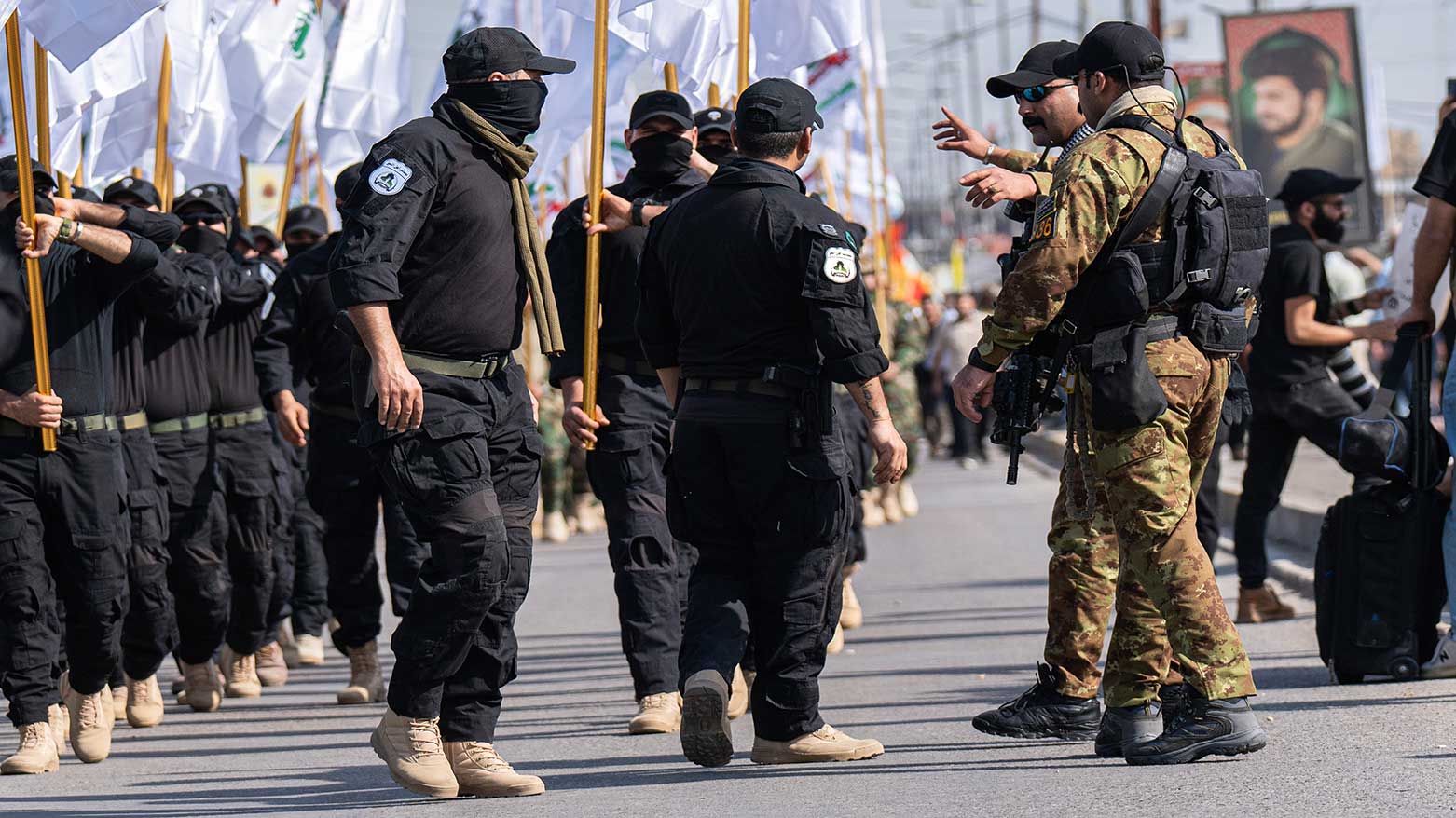Iraqi Parliament Moves to Transform PMF into an Independent Ministry
Tawbi said the number of personnel affiliated with the PMF has approached 300,000, highlighting the bloc’s growing influence and operational scope.

ERBIL (Kurdistan24) — Iraq’s parliament is moving toward formally turning the Popular Mobilization Forces (PMF), known in Arabic as al-Hashd al-Shaabi, into a standalone ministry, according to an independent lawmaker, in a move that could reshape the country’s power structure and further entrench Iran-aligned militias within the state apparatus.
Saad Tawbi, an independent member of Iraq’s parliament, revealed that efforts are underway to upgrade the status of the PMF from an armed force under the prime minister’s office to a full-fledged ministry. He said the number of personnel affiliated with the PMF has approached 300,000, highlighting the bloc’s growing influence and operational scope.
Tawbi stated that the final phase of voting on the PMF’s legal status is now being debated in parliament, and that proponents of the change aim to secure a majority vote that would replace the current structure with a “Ministry of the Popular Mobilization Forces.”
This move, if achieved, is not just a bureaucratic upgrade—it is a strategic repositioning of an armed group that already operates with considerable autonomy.
The PMF was established in 2014 as a response to the rise of ISIS, originally forming as an umbrella for mostly Shia militias. While they played a pivotal role in the defeat of ISIS, the PMF has since become one of the most controversial entities in Iraq, accused by critics of operating parallel to the regular army and holding allegiance to Iran rather than the Iraqi state.
Formally integrated into the Iraqi security forces in 2016, the PMF remains a hybrid institution with substantial independence. Turning the PMF into a ministry would not only secure a separate budget and command structure for the group, but could also elevate its political clout significantly in Baghdad, especially with Iran-backed factions dominating many state institutions.
Domestic and Regional Implications
The proposed transformation of the PMF could spark concern among Iraq’s Sunni and Kurdish political blocs, who have long viewed the force with suspicion. Internationally, the move may deepen Iraq’s geopolitical alignment with Tehran at a time when tensions in the Middle East—particularly involving Iran-backed groups in Lebanon, Syria, and Yemen—continue to escalate.
While proponents see the proposal as a way to regularize and institutionalize a vital security actor, critics fear it may further blur the lines between state and militia, weakening Iraq’s sovereignty and complicating U.S. and coalition efforts to support an impartial Iraqi military.